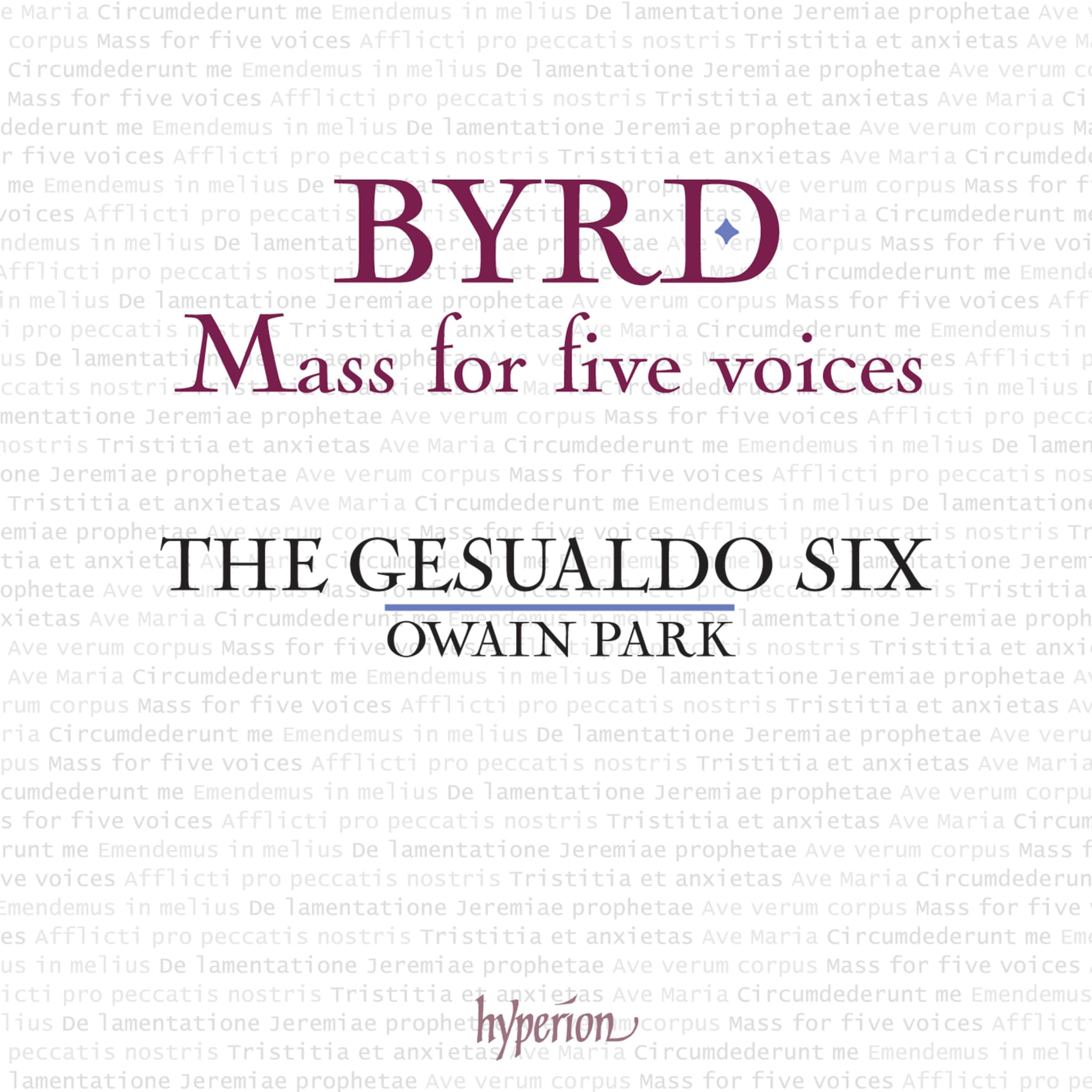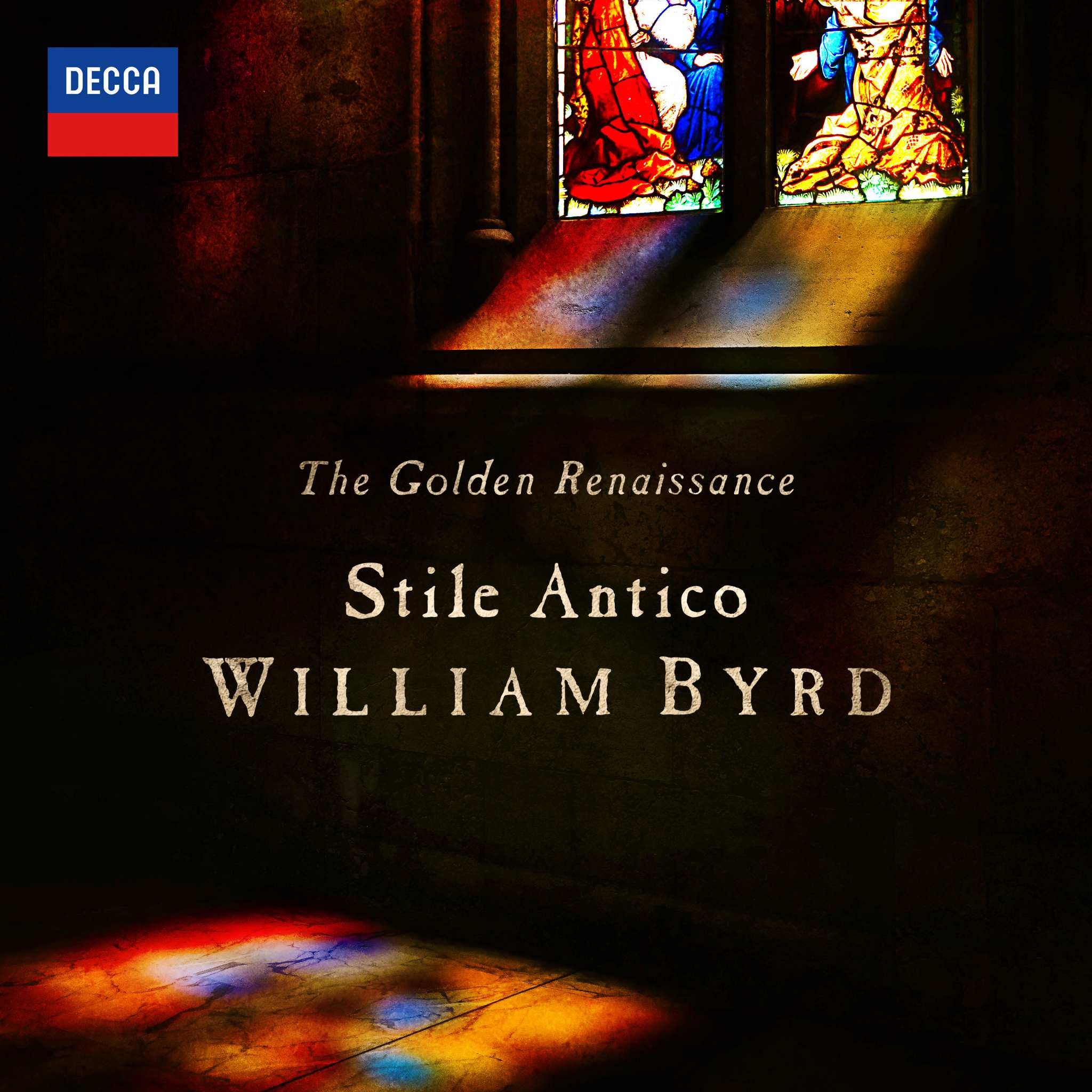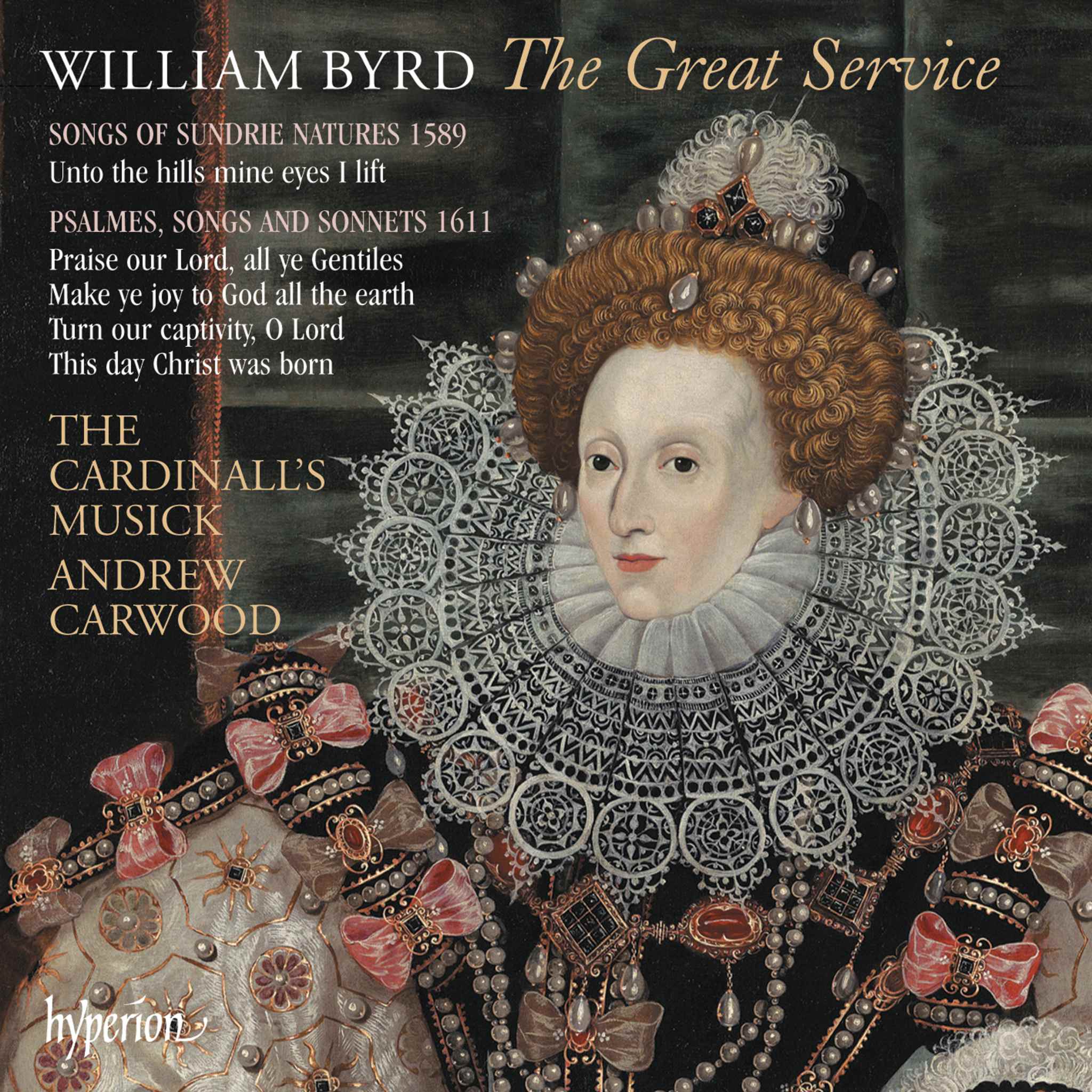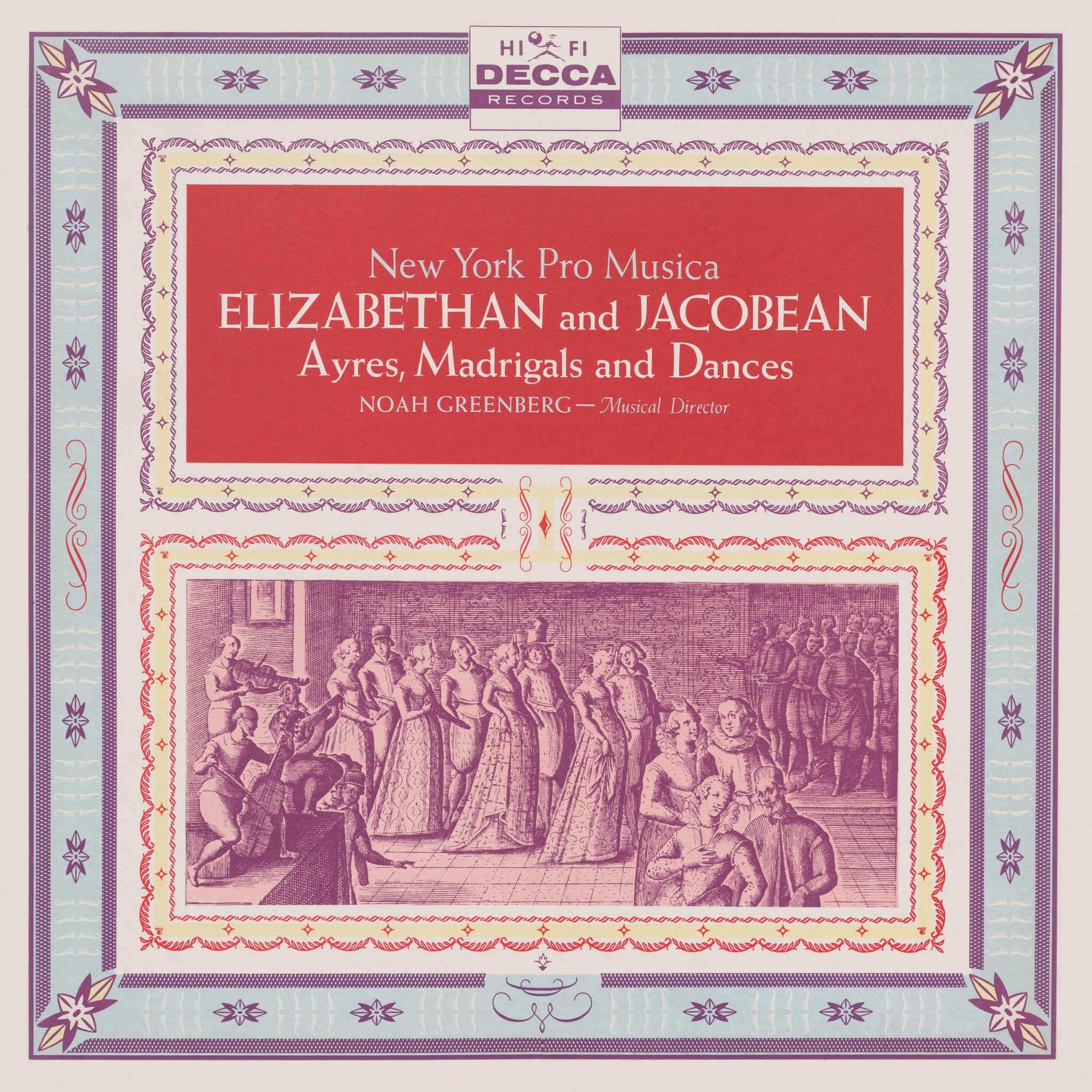AboutWilliam Byrd
Often considered the greatest English composer before Purcell, William Byrd was one of the most admired and influential musicians of the late Renaissance. After serving as organist at Lincoln Cathedral in the 1560s he was appointed to the Chapel Royal in 1572 under the personal protection of the music-loving Queen Elizabeth I. As a Catholic at a time of persecution, he walked a delicate line with remarkable skill: writing Anglican sacred music for official purposes while privately setting liturgical texts for use by Catholics, including over 30 masses. He took an entrepreneurial role in the emerging market for domestic music, forming a commercial partnership with his fellow composer Thomas Tallis and publishing numerous volumes of his own compositions, ranging from Latin motets (Cantiones sacrae – 1589 and 1591) to collections of English songs both sacred and profane (1588 and 1589).
A prolific composer for the keyboard (42 of his keyboard pieces comprise My Ladye Nevells Booke of 1591), he also pioneered the form of the fantasia for viol consort. From the mid-1590s he entered semi-retirement in rural Essex but continued to write music for publication and for private use by his fellow-Catholic recusants. He died respected and wealthy, and his music has remained in liturgical use into modern times – and has also found a new audience on record and in the concert hall.

















